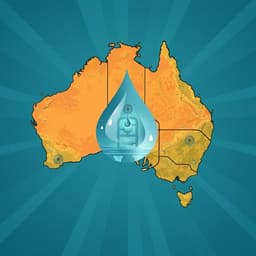
Environmental Studies and Forestry
Addressing gaps in data on drinking water quality through data integration and machine learning: evidence from Ethiopia
A. A. Ambel, R. Bain, et al.
This study, conducted by Alemayehu A. Ambel, Robert Bain, Tefera Bekele Degefu, Ayca Donmez, Richard Johnston, and Tom Slamyaker, tackles the pressing issue of poor drinking water quality data in Ethiopia. By employing advanced machine learning techniques on 2016 survey data, the research accurately predicts household water contamination, revealing potential pathways for improved public health initiatives.
Related Publications
Explore these studies to deepen your understanding of the subject.







